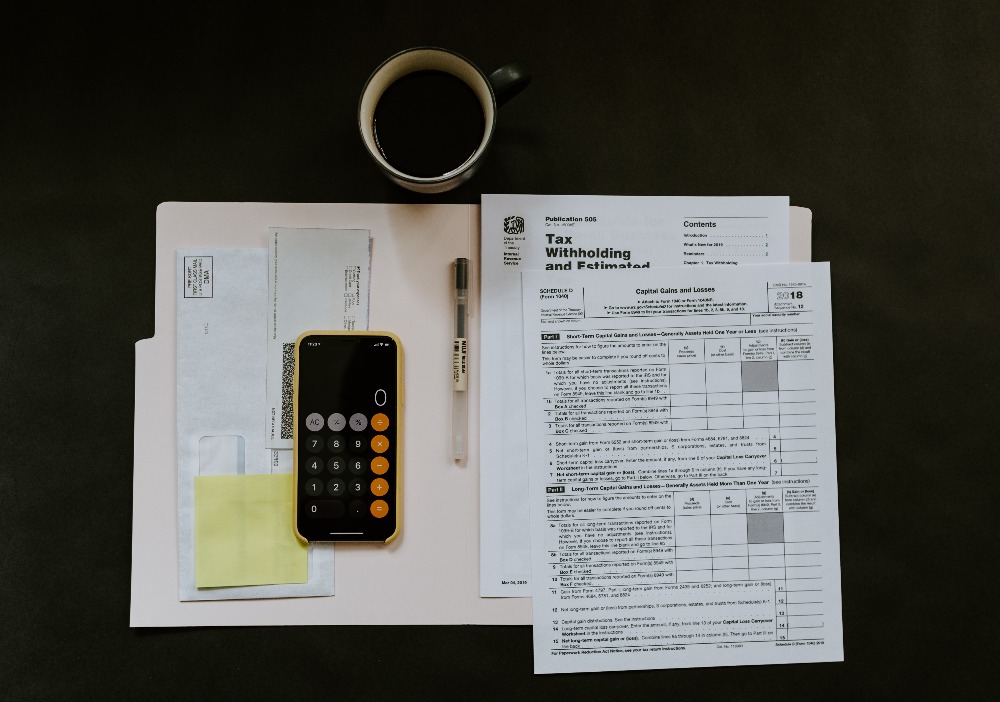Consultation on Income Tax for low-income trusts and estates

HMRC have opened a new consultation ‘Income Tax: Low-income trusts and estates’ which considers whether trusts and estates with small amounts of income should be removed from Income Tax.
Strictly speaking, as trustees and personal representatives do not benefit from personal allowances, trust and estates have to report all income earned through Self Assessment, irrespective of how small the amount of income is.
However, in 2016 when bank and building society interest stopped being taxed at source, HMRC introduced a temporary concession whereby trustees and Personal Representatives (PRs) were removed from Income Tax where the only source of income for the trust or estate was Savings interest and the tax liability was below £100.
HMRC are now consulting on formalising this arrangement with details of the precise form and level to be confirmed post consultation.
Under the proposals:
- Low-income trusts and estates with income from any source up to a ‘de minimis’ amount (to be decided following the consultation) would not be subject to Income Tax on that income.
- For trusts and estates with income more than the de minimis amount, Income Tax would be due on the full amount rather than only applying to income above the de minimis amount.
- Where discretionary trusts would be covered by the de minimis rule, they will still have to pay tax when they pay income out to a beneficiary, to ensure that the tax credit remains funded. This is the same as the current position where the tax pool is not sufficient to cover tax credits on payments to beneficiaries.
